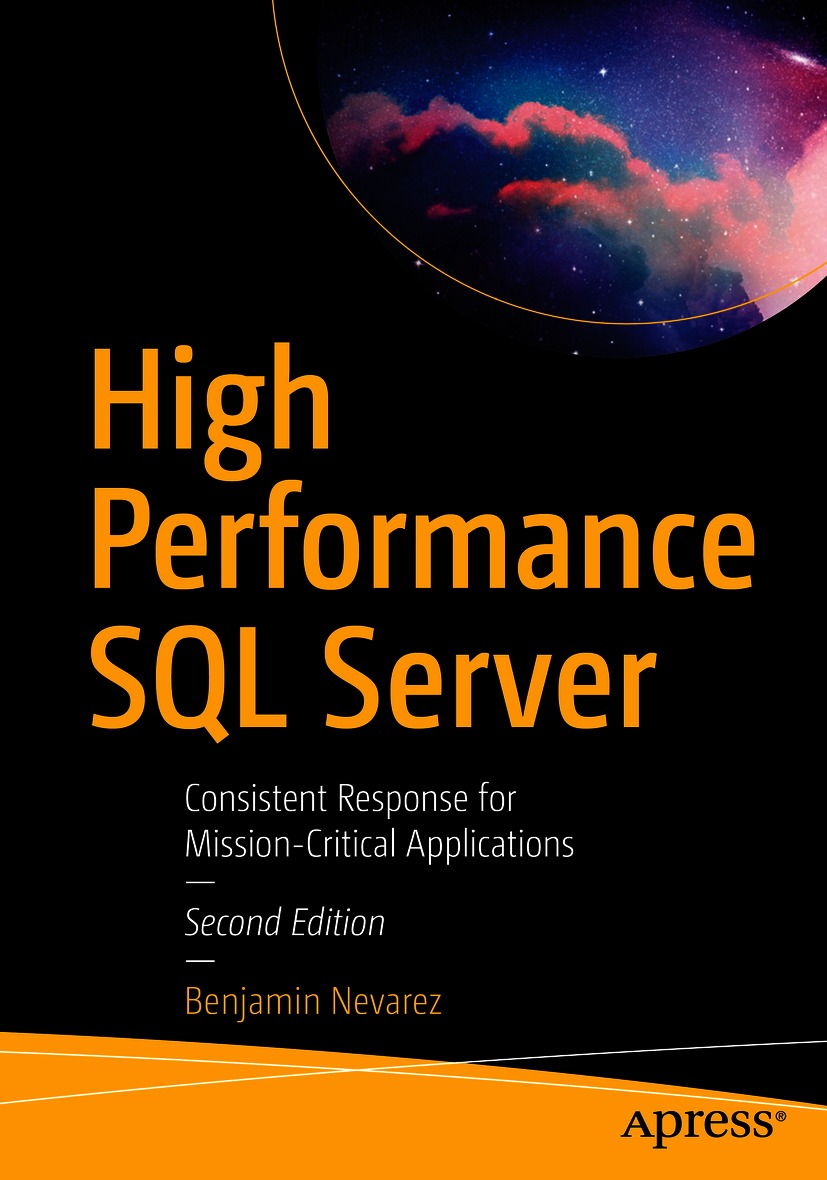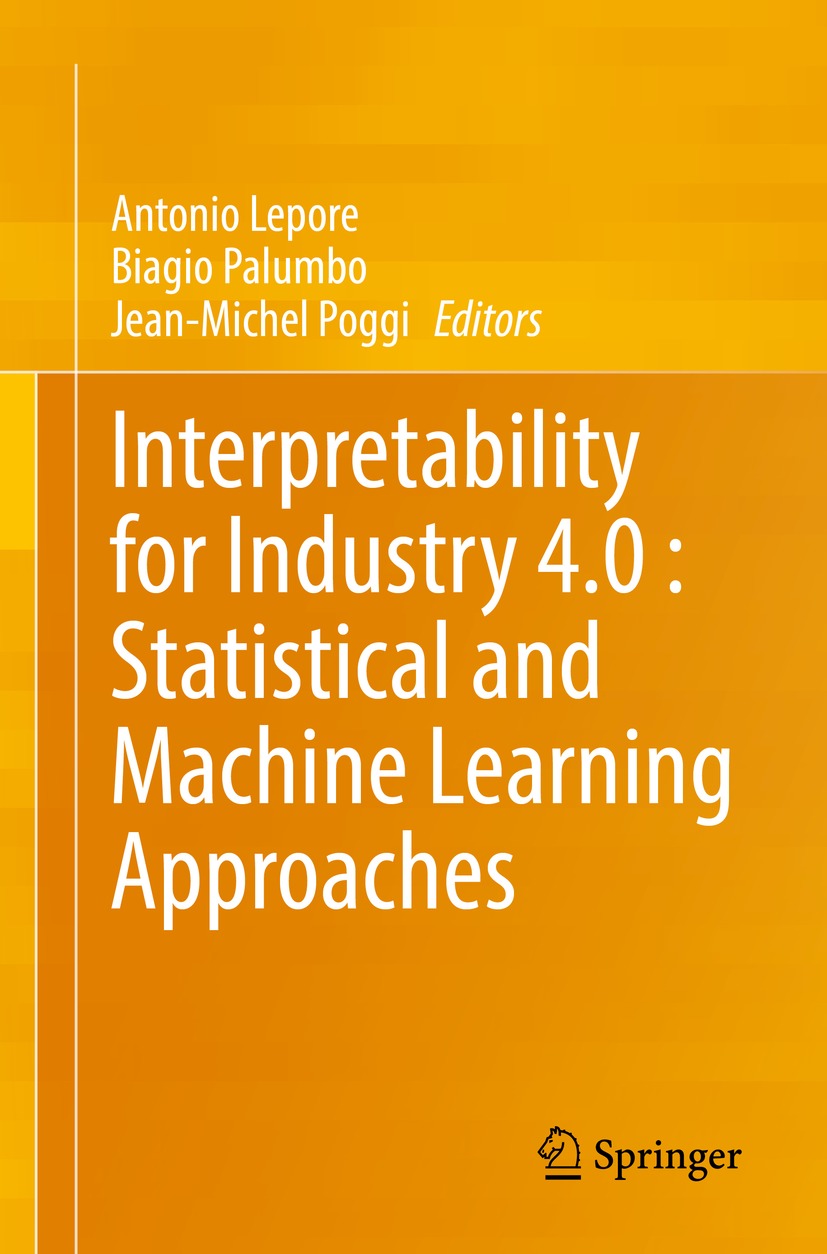Design and configure SQL Server instances and databases in support of high-throughput, mission-critical applications providing consistent response times in the face of variations in numbers of users and query volumes. In this new edition, with over 100 pages of additional content, every original chapter has been updated for SQL Server 2019, and the book also includes two new chapters covering SQL Server on Linux and Intelligent Query Processing. This book shows you how to configure SQL Server and design your databases to support a given instance and workload. You will learn advanced configuration options, in-memory technologies, storage and disk configuration, and more, all aimed toward enabling your desired application performance and throughput. Configuration doesn’t stop with implementation. Workloads change over time, and other impediments can arise to thwart desired performance. High Performance SQL Server covers monitoring and troubleshooting to aid you in detecting and fixing production performance problems and minimizing application outages. You will learn about a variety of tools, ranging from the traditional wait analysis methodology to the query store or indexing, and you will learn how improving performance is an iterative process. This book is an excellent complement to query performance tuning books and provides the other half of what you need to know by focusing on configuring the instances on which mission-critical queries are executed. What You Will Learn Understand SQL Server’s database engine and how it processes queries Configure instances in support of high-throughput applications Provide consistent response times to varying user numbers and query volumes Design databases for high-throughput applications with focus on performance Record performance baselines and monitor SQL Server instances against them Troubleshot and fix performance problems Who This Book Is For SQL Server database administrators, developers, and data architects. The book is also of use to system administrators who are managing and are responsible for the physical servers on which SQL Server instances are run.











![Mrs Doubtfire / Toys / Night At The Musuem / Night At The Musuem 2 DVD [2014]](https://avmedia.ams3.cdn.digitaloceanspaces.com/6/eb/6ebbca87-f7d1-4190-bb1f-215f5308b059.webp)
![Happy Ever After: The Complete Collection [DVD]](https://avmedia.ams3.cdn.digitaloceanspaces.com/b/b4/bb4c6277-ec12-422d-baab-e93d04432d38.webp)